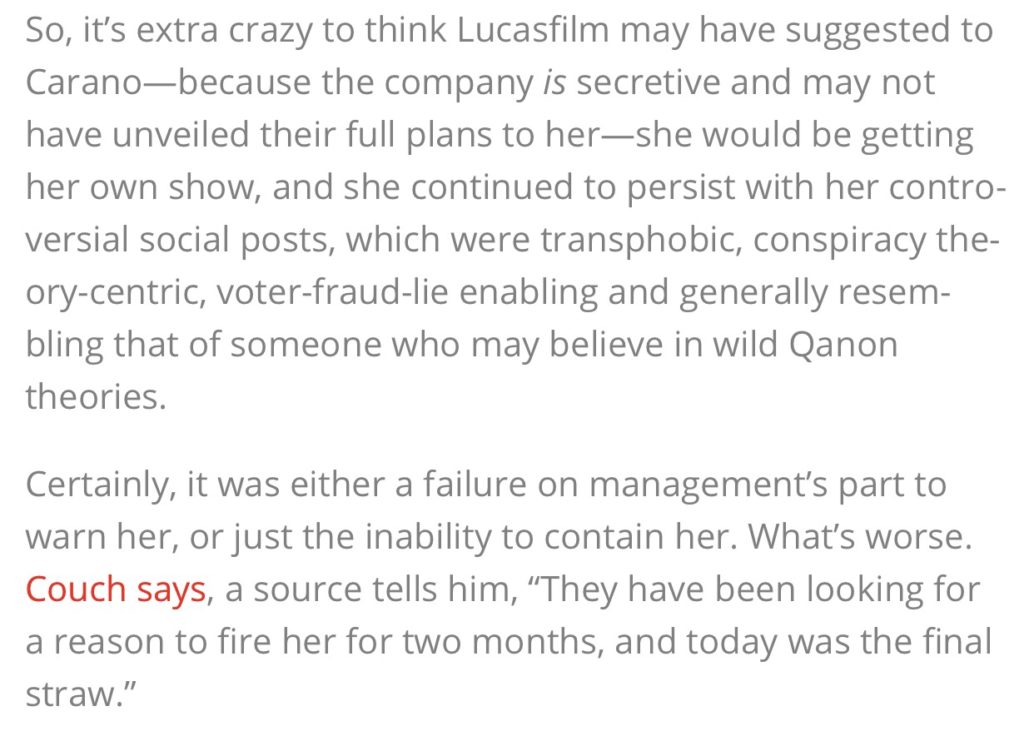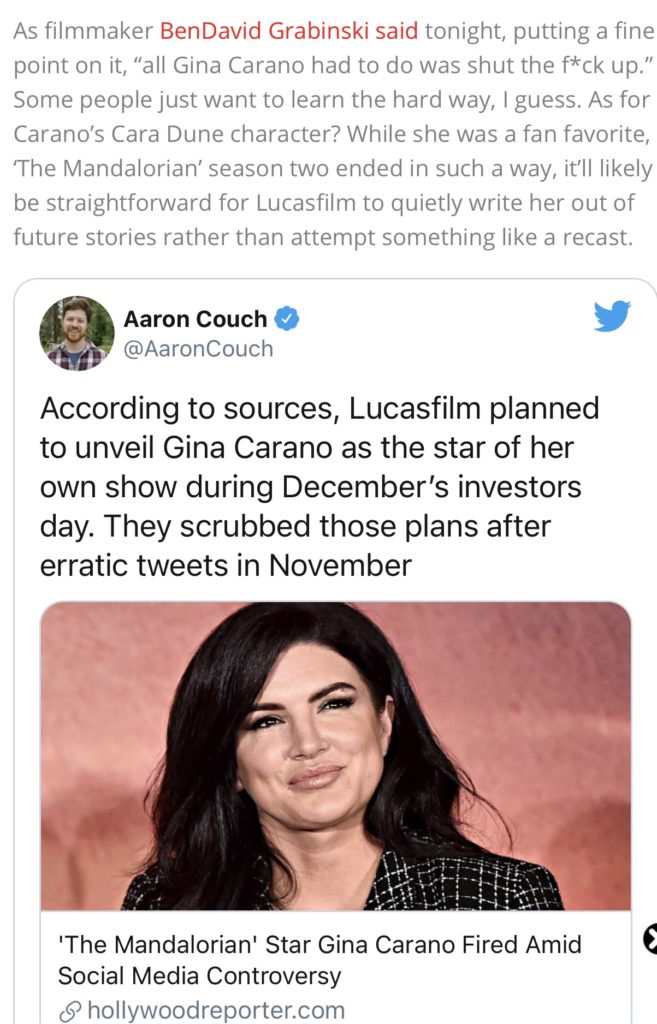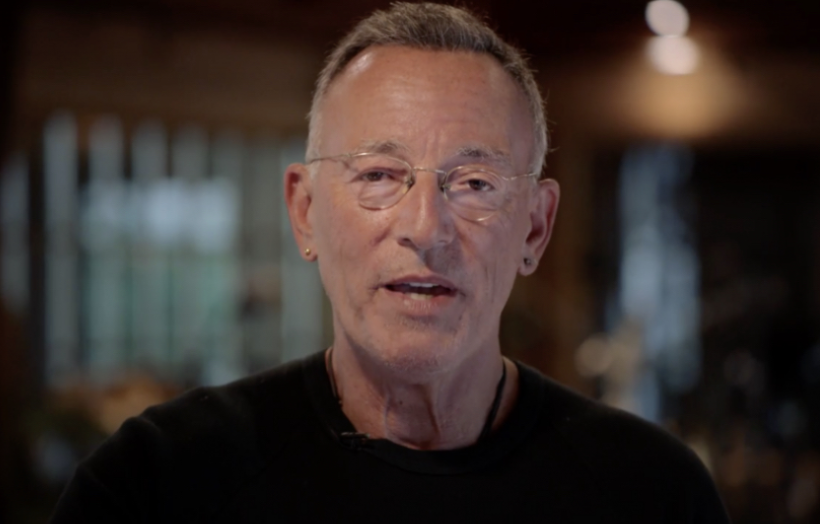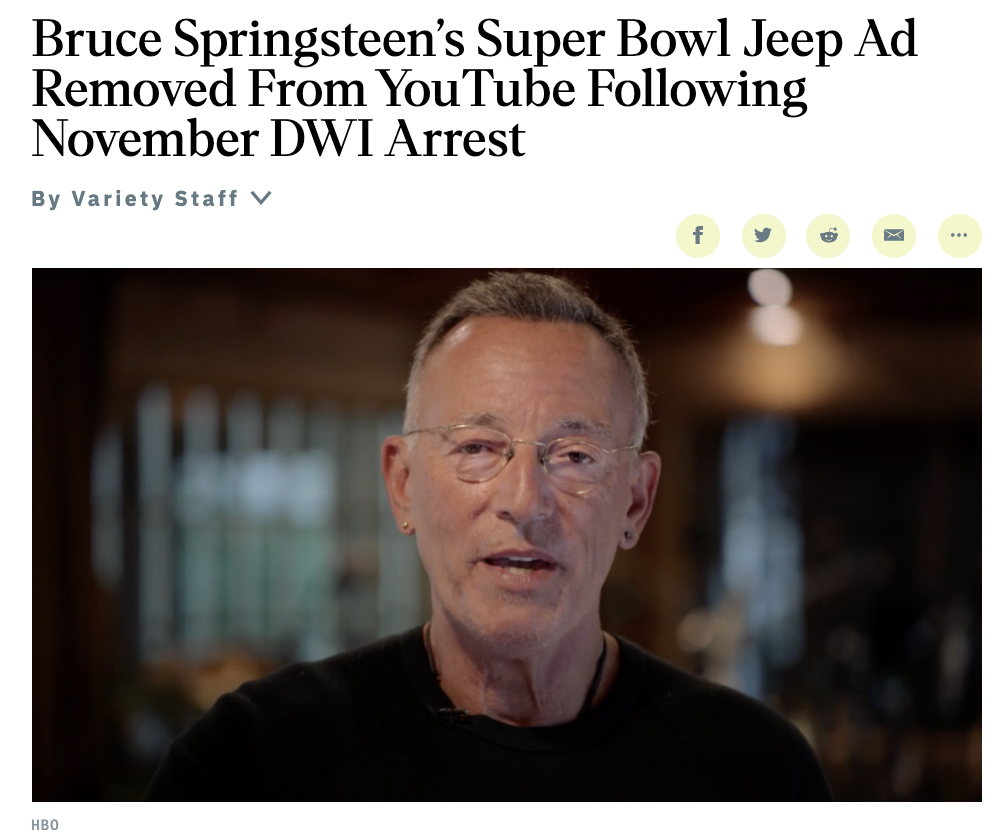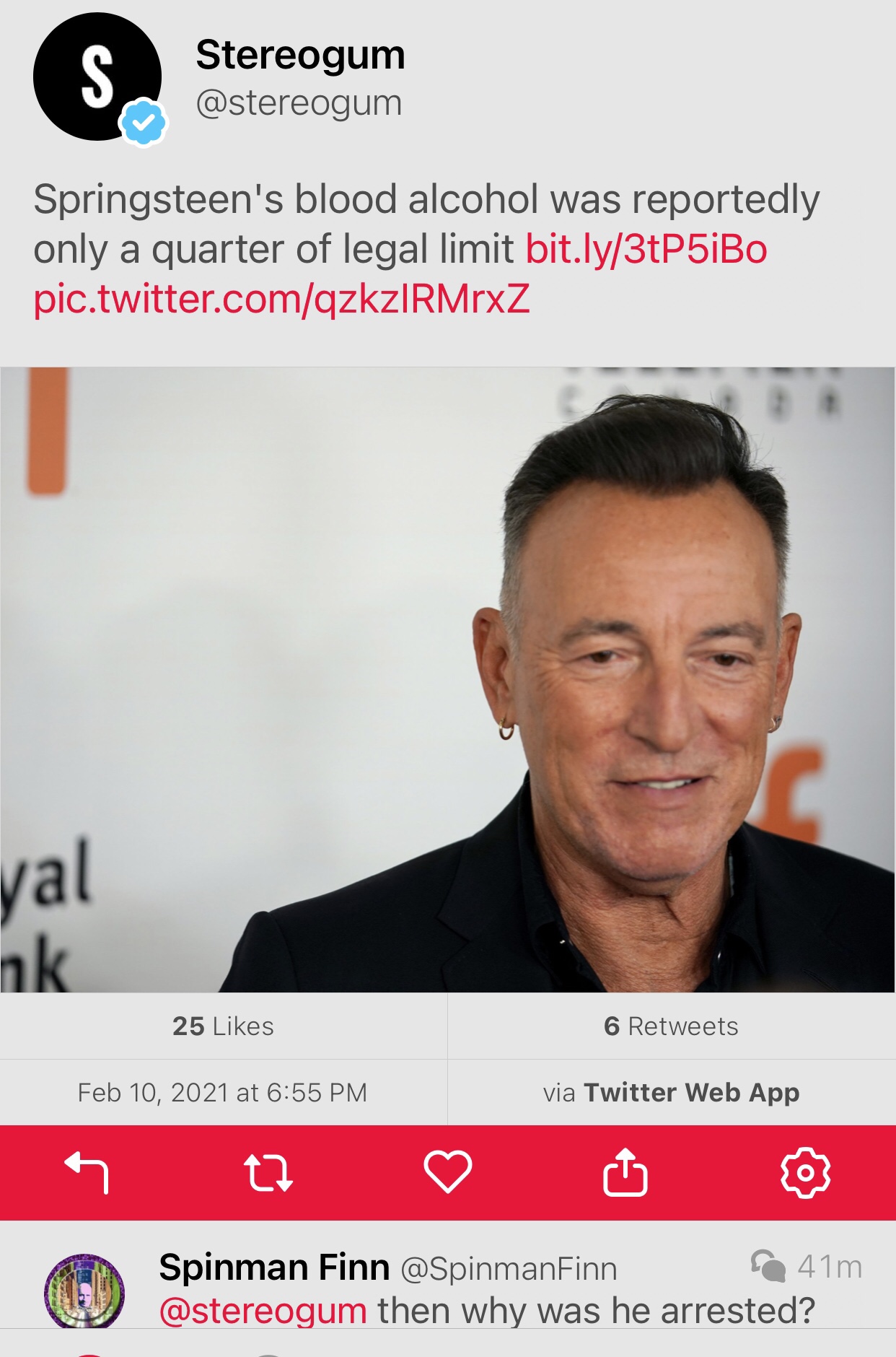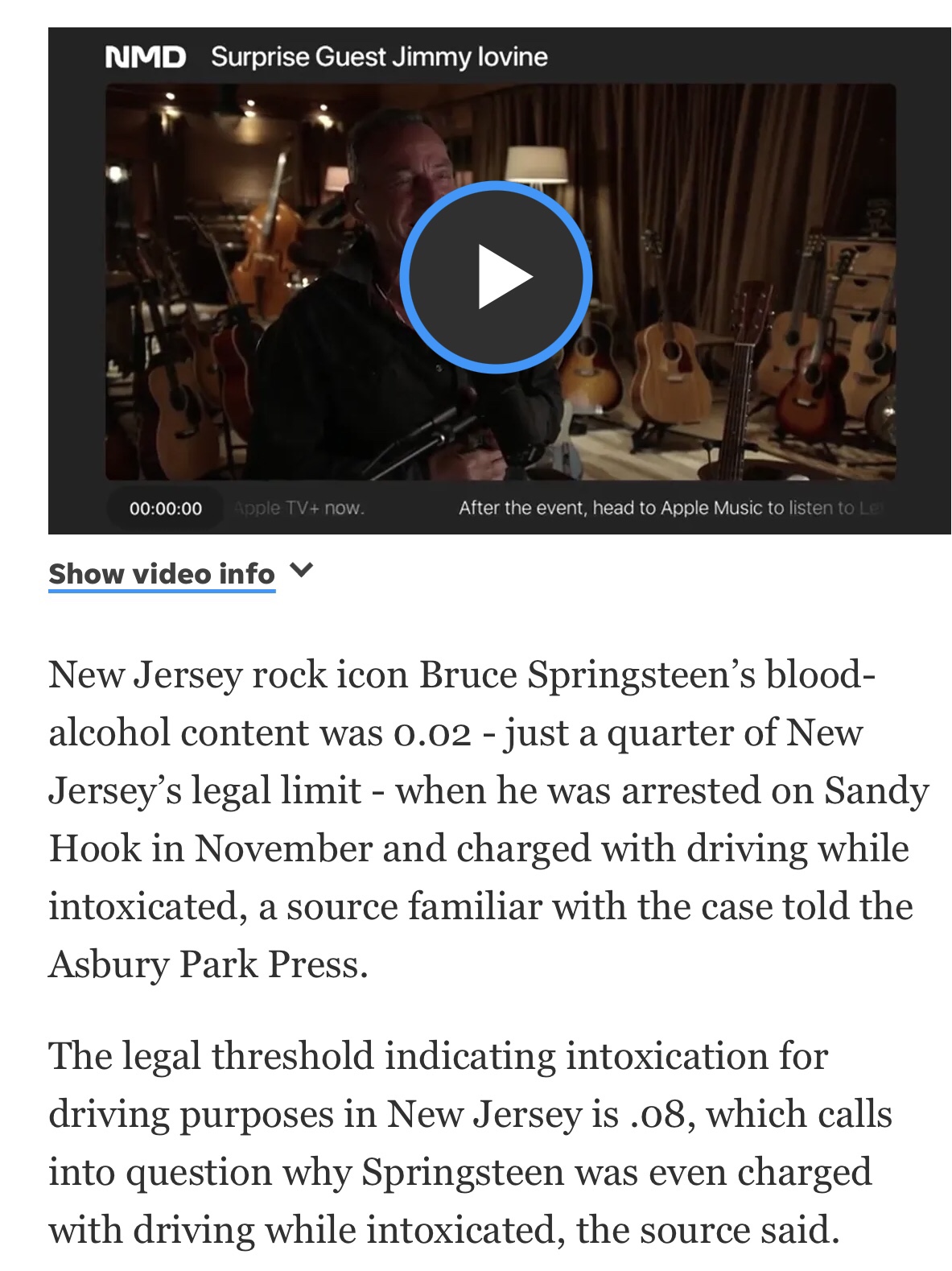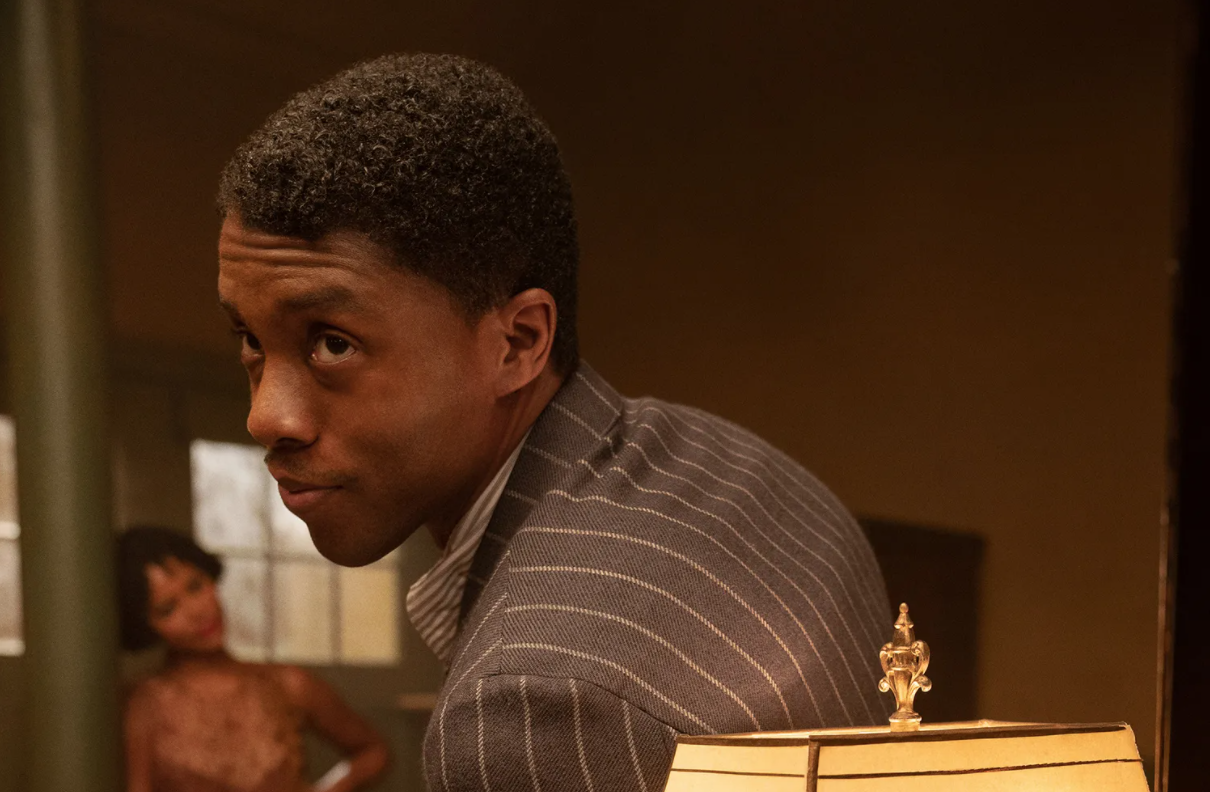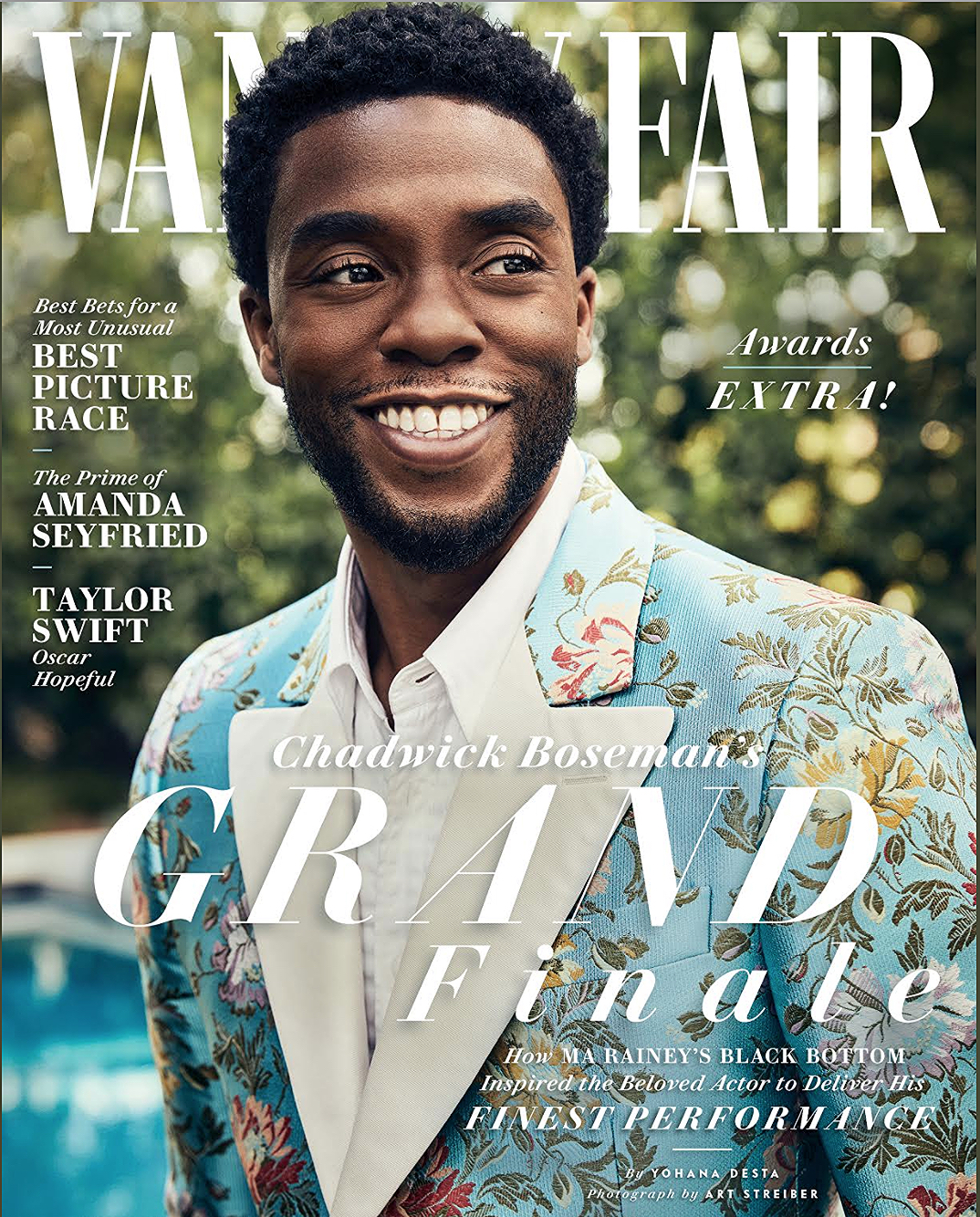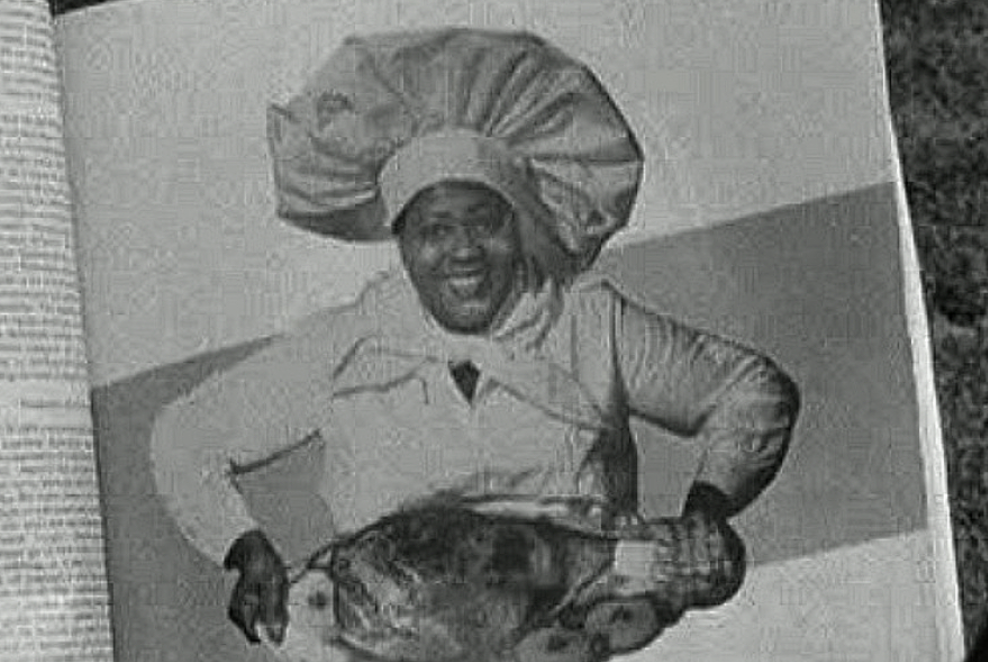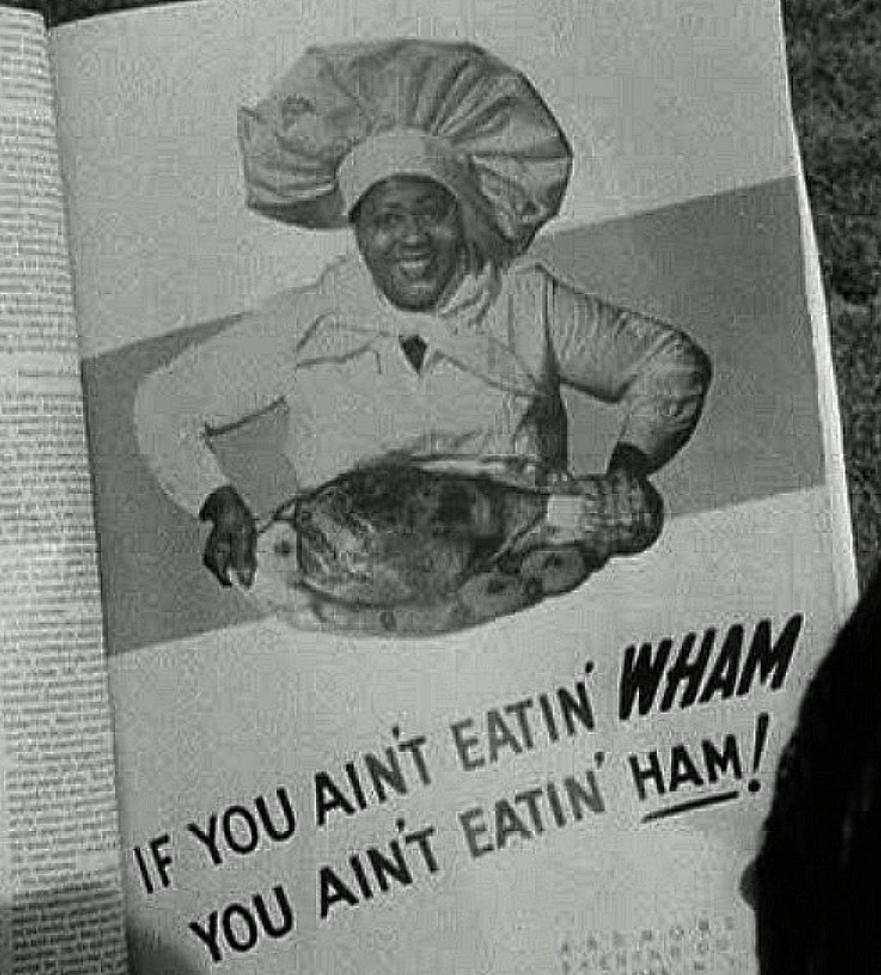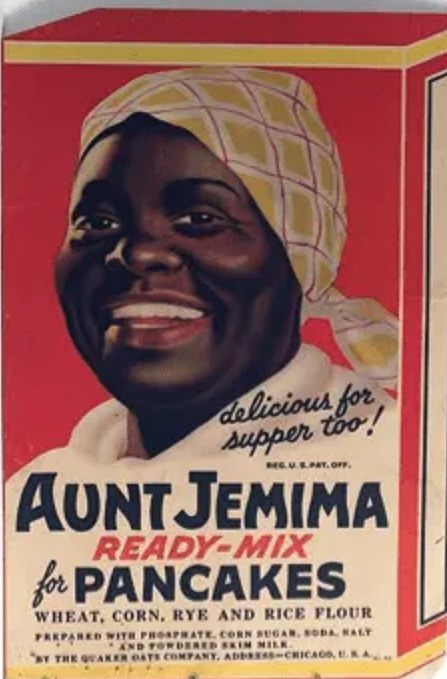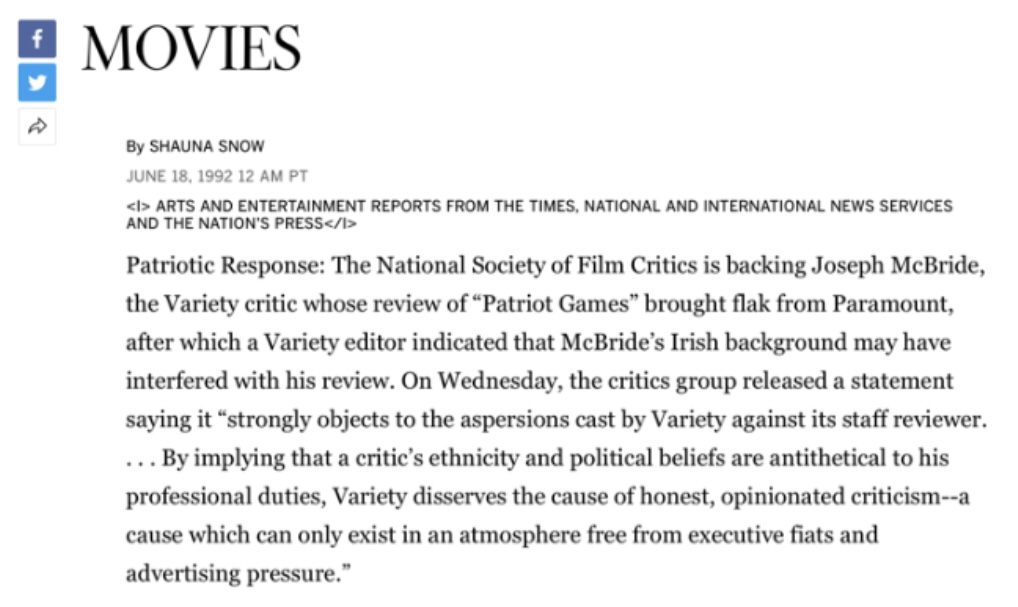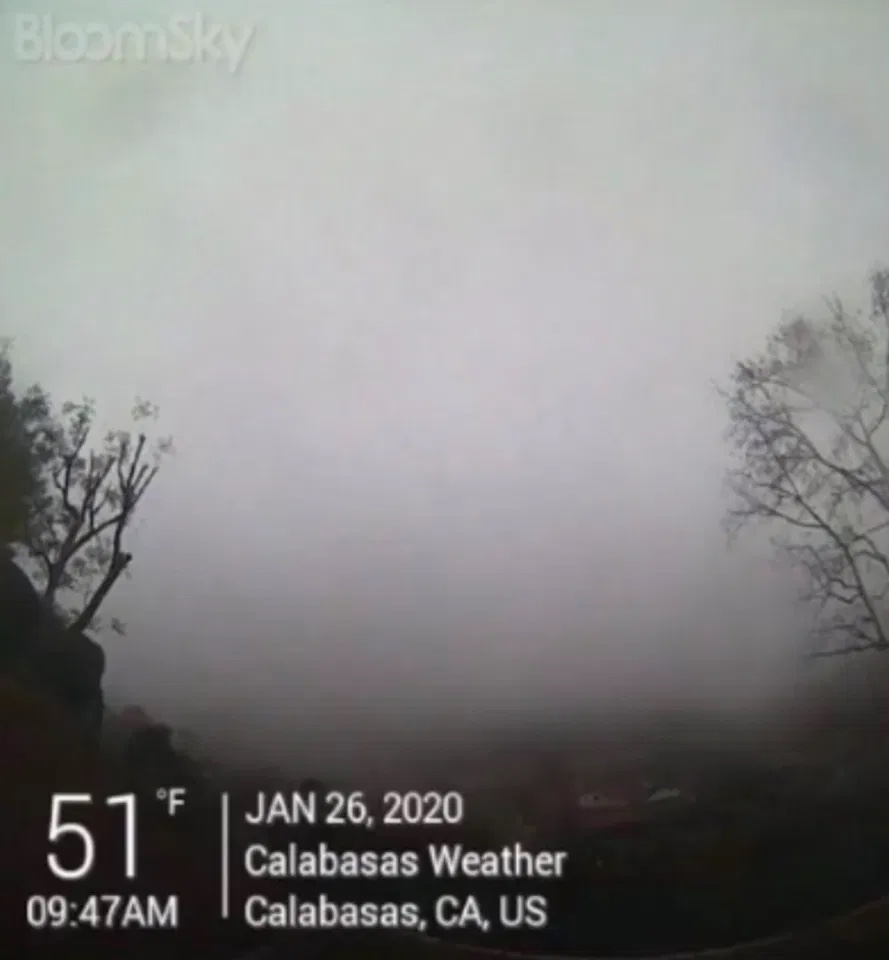Yohana Desta has written a 2.9 Vanity Fair cover story about the late Chadwick Boseman, titled “Inside Chadwick Boseman’s Grand Finale.”
The article is a smooth conveyance of two ideas — one, that Boseman deserves a Best Actor Oscar for his work in Ma Rainey’s Black Bottom, and two, that “Levee,” the randy, cornet-playing hustler with the cool shoes who suffers a tragic emotional breakdown at the finale, is “the performance of [Boseman’s] career.”
I’m sorry but the performance of Boseman’s career was James Brown in Get On Up. In that 2014 biopic he delivered the same kind of highly-charged, go-for-it quality that defined two previous performances that won posthumous Oscars — Peter Finch‘s “Howard Beale” in Network (’76) and Heath Ledger‘s “Joker” in The Dark Knight (’08).
Everyone knows that Boseman’s “Levee” doesn’t blow the doors off the hinges — not really. It’s a poignant performance (especially during the scene in which Levee recalls a sad episode involving his mother), but the main reason Boseman has been hailed as a Best Actor (and in the case of Da 5 Bloods, a Best Supporting Actor) nominee is because of his tragic passing last August, which broke everyone’s heart.
I understand the sentiment behind giving Boseman a special tribute, of course, but giving him an Oscar for performances that are no more than approvable — good acting but lacking that certain extra-ness or crackling charge — feels like a disproportionate thing to do.
Texting early this morning…
HE: “A deeply tragic turn for a gifted actor and a nice guy, but giving him an Oscar for a pair of okay performances is a stretch. “We all feel really badly that he died so young” shouldn’t translate into a Best Actor or Best Supporting Actor Oscar. Most above-the-line Oscars are about three things — audience feeling, a zeitgeist bull’s-eye and first-rate craft. A Boseman Oscar would be mainly about feelinga of sadness, and that’s really not enough. If Chad’s dying performance had been James Brown, that would’ve been a different deal.
Friendo: “Of course, but during a pandemic people want something to feel good about. Giving an Oscar to a young black actor who just died is too incredible a narrative to resist. Who knows, he might even win two Oscars! He might beat Anthony Hopkins’ masterful performance in The Father. He might beat Riz Ahmed in Sound of Metal.”
HE: “All he does in Ma Rainey is grin and grin some more, and then he talks about his arranging ideas and songwriting plans and argues with Ma, and then he puts the moves on Taylour Paige‘s Dussie Mae. And then he grins some more. And then, at the very end and out of the blue, he loses his temper over the song-publishing rejection and suddenly stabs Glynn Turman‘s Toledo out of a sense of misplaced rage. The killing at the end is historically understandable but feels insufficiently motivated in a dramatic sense.”
Friendo: “He seems to overact as Levee because Ma Rainey is essentially a stage play. Same with Viola Davis’ grotesque burlesque singer.”
HE: “He should just be given a special tribute. A special sad Oscar. But ‘the performance of his career‘? That’s just dishonest. It’s a good performance but it’s not a piece of the constellation.”
Has anyone honestly concluded that Boseman’s Levee is the equal of the performances given by Hopkins and Ahmed?

